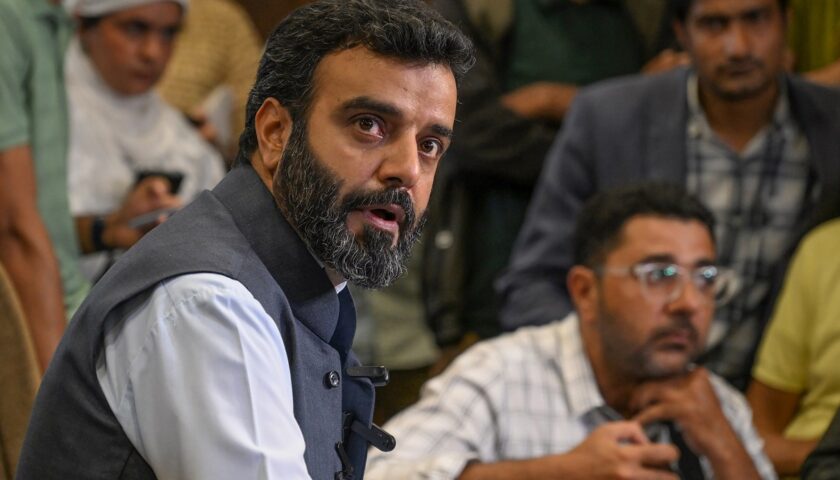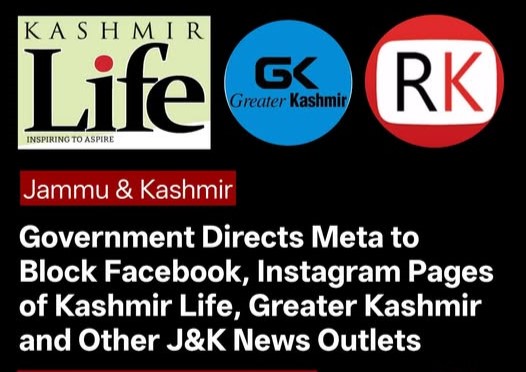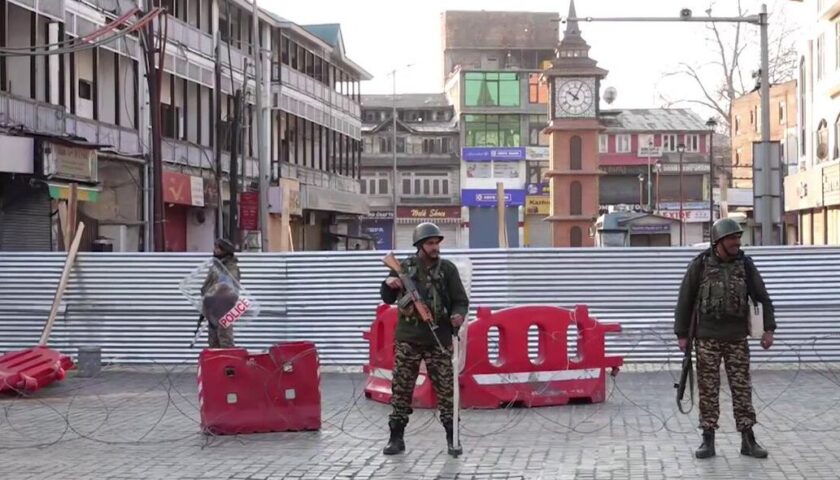Paper Leak Scandals Shake Jammu & Kashmir: Youth Cry for Justice
By: Javid Amin | 28 Aug 2025
The repeated cancellation of recruitment exams in Jammu & Kashmir, most recently the JKSSB Junior Engineer (Electrical) paper, has once again ignited a storm of frustration among job aspirants. What should have been a pathway to stable careers is now a labyrinth of leaks, cancellations, and endless uncertainty, leaving thousands of young men and women disillusioned.
What Happened This Time?
The Jammu & Kashmir Services Selection Board (JKSSB) was scheduled to conduct the Junior Engineer (Electrical) examination earlier this month. Hours before the exam, however, images of the question paper allegedly surfaced on social media platforms.
While the official statement cited “bad weather” as the reason for postponement, aspirants strongly believe the real cause was yet another paper leak scandal.
This is not a one-off. In the past three years alone, papers for Police Sub-Inspectors, Accounts Assistants, Fire Services, and JE (Civil) have been compromised. Each cancellation adds another layer of bitterness and mistrust.
Voices from the Ground
The scandal has hit the youth hardest—the very demographic already battling unemployment rates that are among the highest in India.
-
Saquib Jan, student activist:
“This isn’t about one exam—it’s about our dignity. Every leak chips away at our hope. We prepare for years, only to be betrayed by a corrupt system.” -
Sahil Parray, aspirant:
“We spend money on coaching, material, and travel. For many, these exams are our only chance at upward mobility. But the system plays with our future as if it’s disposable.” -
J&K Students Association has formally written to Lieutenant Governor Manoj Sinha and NC Vice President Omar Abdullah, demanding both independent investigation and systemic reform.
Political Fallout
Political leaders across the spectrum have seized on the outrage, framing the leaks as both a governance failure and a moral crisis.
-
Aga Ruhullah Mehdi (NC MP):
“When merit is sold in the marketplace, the future of the state is mortgaged. The youth of J&K deserve answers, not excuses.” -
Sajad Lone (Peoples Conference):
“Paper leaks aren’t accidents—they’re organized crimes. Unless the mafia behind them is dismantled, trust will never return.” -
Waheed Para (PDP):
“We’re not just losing exams—we’re losing an entire generation’s faith in the idea of fairness. This has become a crisis of governance and credibility.”
Systemic Breakdown: Beyond One Leak
A recent Kashmir InFocus analysis highlights the structural rot that makes such scandals almost inevitable:
1. Paper Leaks as Organized Crime
-
These aren’t isolated “mistakes.”
-
Well-networked syndicates—often with political or bureaucratic backing—leak and sell papers for lakhs of rupees.
-
The cycle benefits a few while destroying the aspirations of thousands.
2. The Human Cost
-
Financial strain: Aspirants spend heavily on coaching, travel, and study material. Each cancellation drains limited family resources.
-
Mental trauma: Constant uncertainty fuels anxiety, depression, and in some tragic cases, suicidal thoughts.
-
Lost career years: Candidates age out of eligibility, permanently shutting doors to government employment.
3. Meritocracy in Collapse
-
In theory, J&K’s recruitment system was designed to be merit-based and transparent.
-
In practice, repeated leaks have turned it into a lottery where connections and money matter more than hard work.
4. Reservation System without Economic Filters
-
While reservations protect marginalized communities, the absence of economic criteria creates imbalances.
-
When combined with paper leaks, the system amplifies perceptions of injustice and inequity.
The Larger Picture: Trust, Dignity, and Democracy
This isn’t just a crisis of exams—it’s a collapse of trust in institutions. In regions like J&K, where political trust is already fragile, the betrayal of youth aspirations through exam scandals becomes particularly dangerous.
-
Erosion of Faith in Governance: If students can’t trust the fairness of exams, why should they trust the state at all?
-
Frustration as a Social Volcano: A generation that feels betrayed can become either apathetic or radicalized—both outcomes harmful for social stability.
-
Dignity at Stake: Employment is more than income—it’s recognition, identity, and respect. When that’s stolen, it crushes not just ambition but self-worth.
What Needs to Change
Experts and activists suggest a multi-pronged reform strategy:
-
Independent Investigative Body
-
Establish a commission outside JKSSB to probe exam leaks and punish offenders.
-
-
Digital Exam Reforms
-
Transition from paper-based tests to secure, encrypted online formats.
-
Use randomized question banks to minimize leak risks.
-
-
Transparency Measures
-
Publish timelines, accountability logs, and audit reports after every exam.
-
Introduce grievance redressal portals for candidates.
-
-
Merit & Equity Balance
-
Reform reservations by introducing economic filters to ensure fairness.
-
-
Youth Counseling & Support
-
Provide mental health support for aspirants.
-
Offer fee refunds or compensatory attempts for canceled exams.
-
Conclusion
The repeated paper leak scandals in J&K are not minor administrative lapses—they are symptoms of a deeper governance failure. For the youth of Jammu & Kashmir, the message is clear: their hard work is disposable, their dignity negotiable.
But it doesn’t have to be this way. With transparency, accountability, and political will, the recruitment system can be rebuilt. Until then, however, every leak will erode not just career prospects, but the very idea of justice in J&K.




